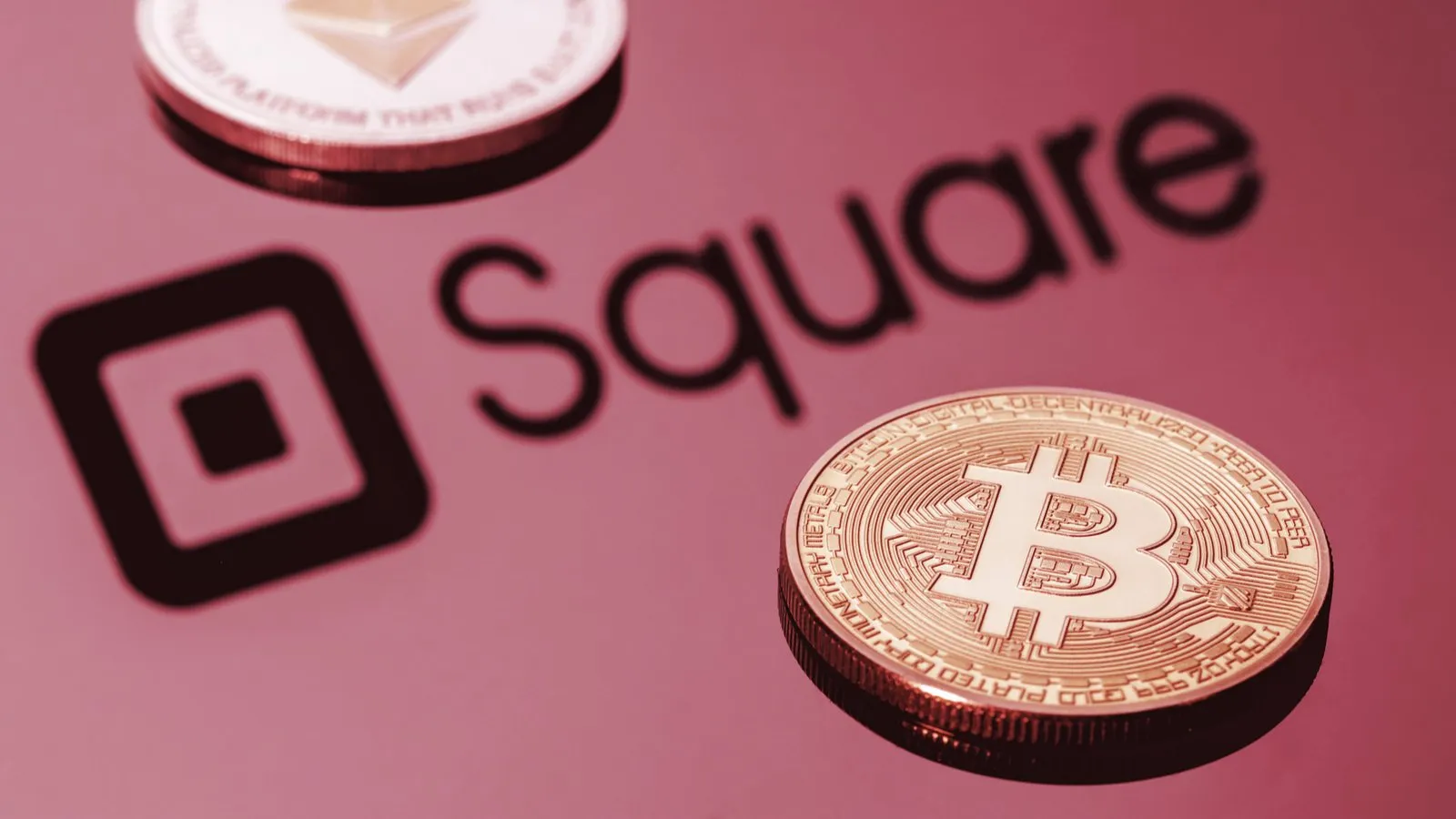In brief
- Square’s new TBD division is working on a Bitcoin-centric decentralized exchange.
- The planned DEX will be open-source and permissionless, yet allow users to fund any wallet using fiat currency.
Square’s Cash App is a popular way for people to buy and sell Bitcoin, but CEO Jack Dorsey’s love for the leading cryptocurrency is immense—and the financial services firm plans to do a lot more in the space. Last month, Dorsey announced a new Bitcoin-centric division called TBD, and today he revealed what it’s going to be: a decentralized exchange, of sorts.
Decentralized exchanges (DEX, for short) based on other blockchains are well established, such as Ethereum’s Uniswap and SushiSwap and Binance Smart Chain’s PancakeSwap. TBD intends to make a fully permissionless and decentralized exchange built around Bitcoin, however, to provide users a wide array of on-ramps for exchanging fiat currency for BTC.
“We’ve determined [TBD’s] direction: help us build an open platform to create a decentralized exchange for Bitcoin,” Dorsey, also CEO of Twitter, tweeted today.
We’ve determined @TDB54566975’s direction: help us build an open platform to create a decentralized exchange for #Bitcoin https://t.co/jHYWHy1qmu
— jack⚡️ (@jack) August 27, 2021
Unlike Coinbase and Binance, for example, a DEX has no centralized intermediary overseeing the token swaps: they happen directly between users. However, you cannot use fiat currency in a DEX, which lacks the needed on-ramps to traditional financial institutions and doesn’t have know-your-customer compliance procedures.
Square’s vision of a Bitcoin DEX will apparently forge a different path. Dorsey linked to an extensive thread from Square executive Mike Brock, TBD project head, who detailed the potential paths forward as they build the open-source DEX.
There’s been a lot of speculation about what TBD is and isn’t. Over the last few weeks our team has been determining what needs to be determined. We wanted to finally share our direction, and we have some questions.
— Mike Brock (@brockm) August 27, 2021
“We believe Bitcoin will be the native currency of the internet,” Brock wrote. “While there are many projects to help make the internet more decentralized, our focus is solely on a sound global monetary system for all. But including all requires a few pieces we think are missing.”
Brock points to both Cash App and Coinbase as centralized avenues for exchanging fiat currency for Bitcoin, but suggests that they “have a number of issues” and that global implementation varies. Ultimately, Square wants to create a service that enables users to fund any kind of Bitcoin wallet—even those not hosted by a centralized exchange or service—using fiat currency.
Dorsey himself is a Bitcoin maximalist, meaning he shuns all other cryptocurrencies as unimportant, so it’s no surprise that Square aims to develop this project using only Bitcoin infrastructure. Brock called out RSK, a smart contract platform secured by Bitcoin’s blockchain, as a potential option there. But he also admitted that some pieces of the puzzle may require the use of other blockchains. “The gaps needed to build this may be too large, which would also have us consider other chains as a bridge,” he wrote.
Brock noted that Bitcoin-based Lightning Network is “solving” issues of scalability when it comes to payments, but that similar infrastructure is required for exchanging assets like stablecoins, which are tokens designed to hold a steady price. He put out a call for current projects that could help solve any current gaps in infrastructure for building TBD, which he said would be fully open-source and with an open protocol. “No foundation or governance model that TBD controls. Permissionless or bust,” he added.
There’s no timeline for when Square aims to launch TBD, but at least now we have a sense of what the firm is building along with its previously announced hardware wallet.

